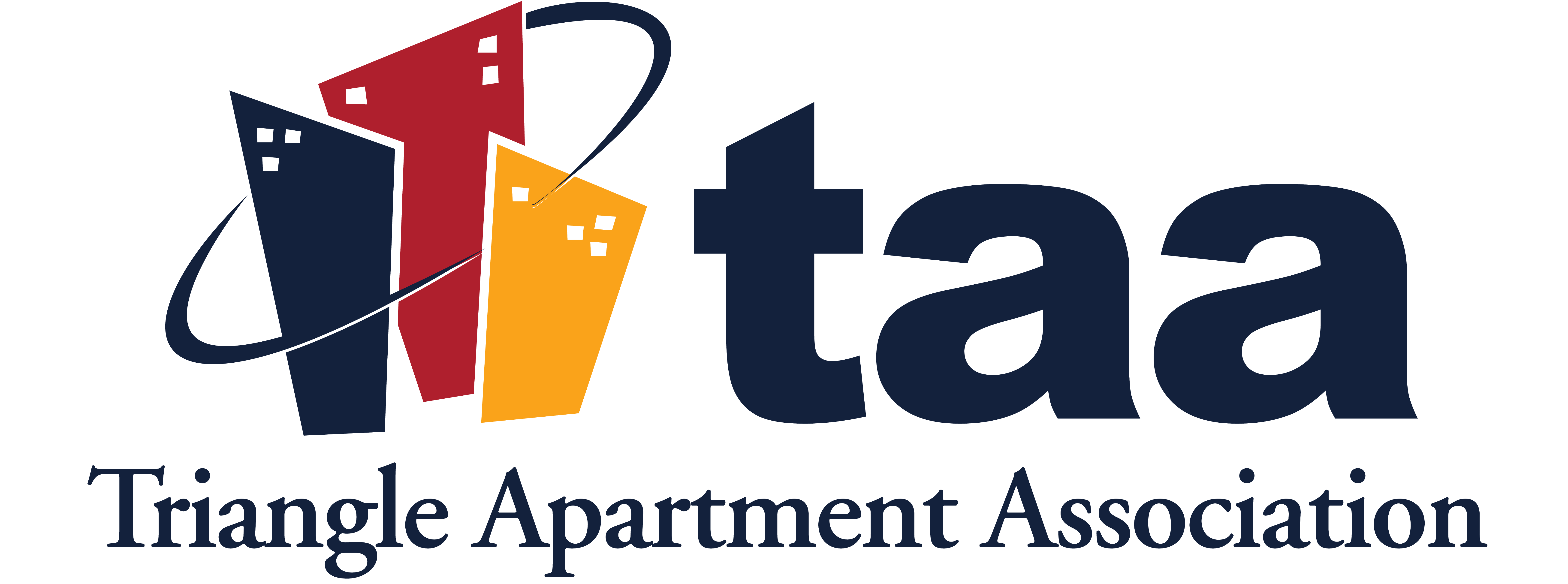Raleigh Quietly Made Some Impactful Changes
The Raleigh City Council shot out of the gate earlier this year initiating reforms on a variety of land use and zoning issues only to see progress stymied by the pandemic and ensuing economic fallout. While those issues haven’t gone away by any means, last week the Council pivoted back to its legislative agenda, approving the city’s largest-ever housing bond proposal and enacting sweeping reforms on a number of key land use issues.
Perhaps the highest-profile action from last week’s meeting pertains to the affordable housing bond proposal, which was formally approved for the November ballot. The bond package that was approved by City Council is a product of months of study and discussion by the Raleigh Affordable Housing Bond Citizen Advisory Committee, which worked diligently to curate a bond package that will address the most pressing housing needs of low- and moderate-income residents in Raleigh. The $80 million bond package will include investments in transit-oriented development, low-income housing development, public-private partnerships, down-payment assistance, and homeowner rehabilitation.
The other headline issue from last week’s meeting was the approval of new rules for Accessory Dwelling Units (ADUs), also known as Granny Flats, which will now be legal to build by-right in every residential district in the City. The new rules put an end to the complicated petition process put in place by the previous Council, rules which produced zero units while in place. While ADUs are not a panacea in the fight for affordable housing, they offer the opportunity for small-scale development across the City, as well as offering the opportunity for homeowners to build wealth and potentially become landlords in their own right. Small-scale landlords will also now have the opportunity to maximize density on their existing properties by building new ADUs.
While the bond and the ADU ordinance garnered most of the attention at last week’s meeting, perhaps the most consequential move for our industry is the elimination of parking requirements for new construction in downtown zoning districts and along transit corridors. Off-street parking requirements, particularly those in areas that require the construction of a garage, can add substantially to the cost of developing new units. The new rules, which will cover many of the areas where multifamily development has been occurring or is planned, will offer significant cost-savings, which can translate directly into both higher margins for the developer, and lower costs for the renter—a true win-win. In addition to eliminating requirements in these zoning districts, the Council also significantly scaled back parking requirements for multifamily housing across all other zoning districts. Together, these changes will make it easier to develop multifamily housing while making Raleigh a denser, more walkable, and less car-dependent city.
The City Council was elected primarily on their promise to deliver affordable housing options and together, the actions taken at last week’s meeting represent a huge step forward in achieving these goals. It’s going to take more hard work to ultimately solve the problem of housing affordability, but Raleigh is undoubtedly making progress.
